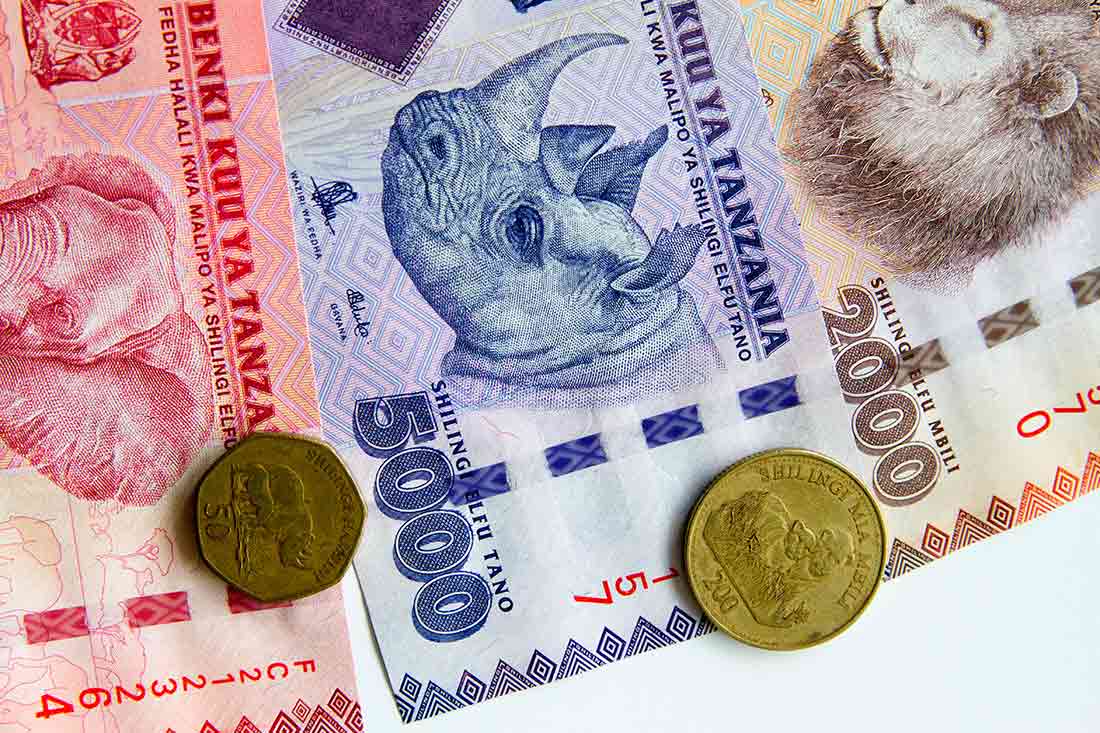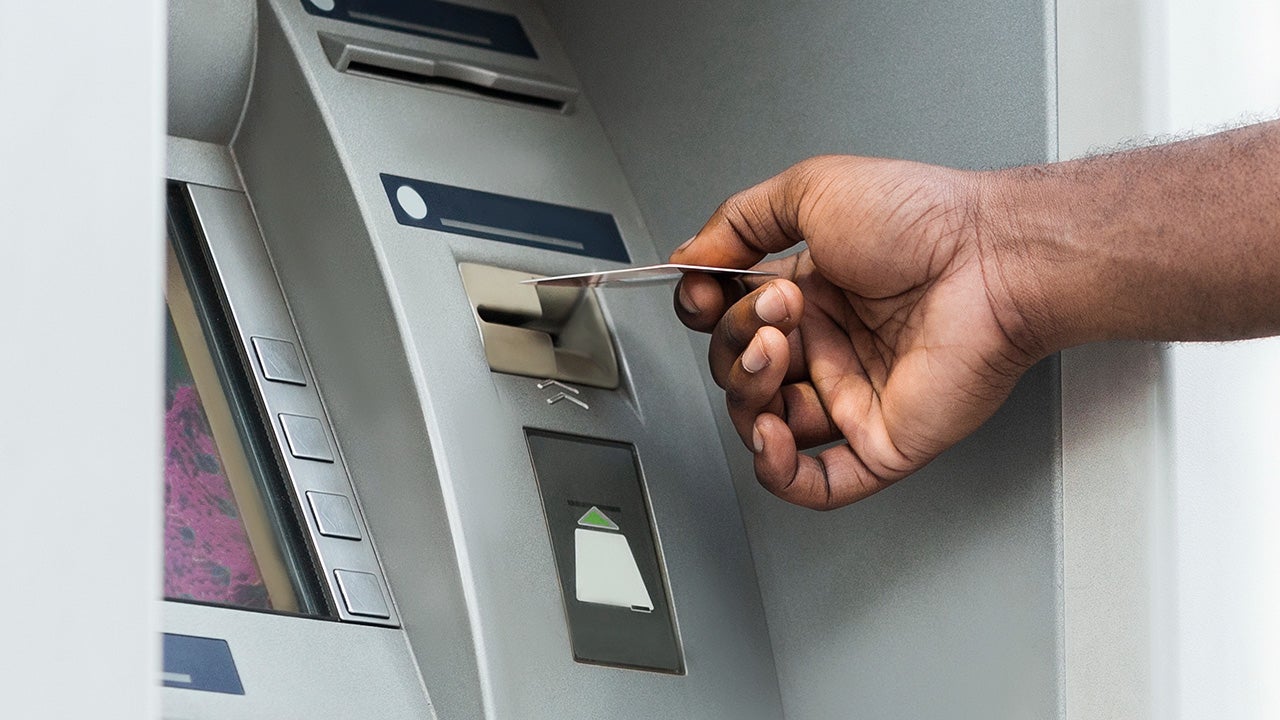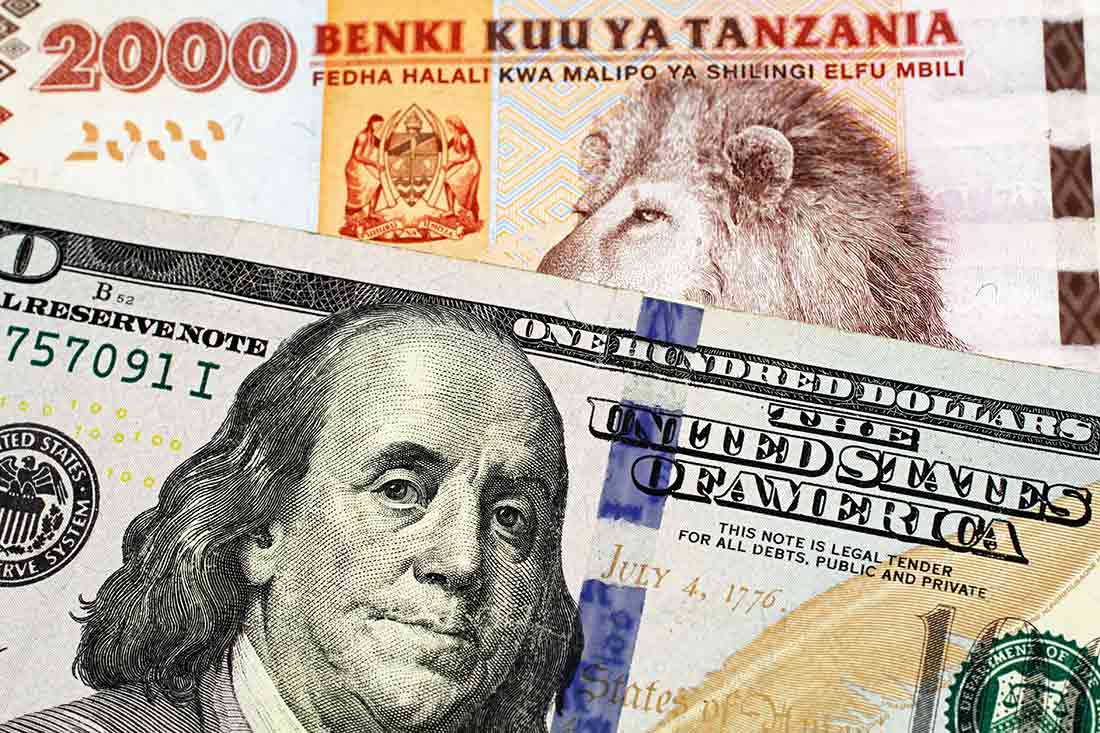Banking and currency play pivotal roles in Tanzania’s financial ecosystem, facilitating economic growth, investment, and trade within the country and beyond its borders. With a diverse range of financial institutions and a stable currency, Tanzania has made significant strides in fostering a robust banking sector and maintaining monetary stability. In this article, we delve into the key aspects of banking and currency in Tanzania, recent developments shaping the nation’s financial landscape, and what you should know as a tourist.
The Banking Sector
Tanzania’s banking sector is a mix of local and international banks. They offer a comprehensive range of financial services to individuals, businesses, and government entities. The Bank of Tanzania (BoT) regulates its banks. This is the country’s central bank, which oversees the licensing, supervision, and regulation of all banks operating within its jurisdiction.
Commercial banks, community banks, and microfinance institutions form the backbone of Tanzania’s banking sector. Commercial banks such as CRDB Bank, National Microfinance Bank (NMB), and Standard Chartered Bank Tanzania provide a wide array of services, including retail banking, corporate banking, trade finance, and investment services. Community banks cater to the needs of rural and underserved populations, while microfinance institutions focus on providing financial services to small businesses and individuals who may not have access to traditional banking.
Currency and Monetary Policy
The Tanzanian shilling (TZS) serves as the official currency of Tanzania. The central bank handles formulating and implementing monetary policy. The primary objectives are to maintain price stability, promote economic growth, and ensure financial stability.
Tanzania has maintained a stable currency in recent years, with the central bank employing various measures to manage inflation and exchange rate fluctuations. The shilling is convertible and accepted within the country. Foreign currencies such as the US Dollar and the Euro are also accepted in larger establishments, particularly those catering to international tourists or conducting international trade.
Digital Banking and Financial Inclusion
As technology continues to advance, digital banking and financial inclusion have gained prominence in Tanzania. Mobile money services, such as Vodacom’s M-Pesa and Tigo Pesa, have transformed the financial landscape by enabling individuals to conduct transactions, transfer funds, and access financial services using their mobile phones. These services have played a pivotal role in extending financial inclusion to before unbanked populations, particularly in rural areas. However, do not expect local merchants, shops, and restaurants to accommodate Apple Pay, Google Pay, or other forms of digital payment.
Moreover, the Tanzanian government, in collaboration with financial institutions, has embarked on initiatives to promote financial literacy and improve access to banking services. Efforts such as the establishment of agent banking networks, community banking centers, and financial education programs aim to bridge the gap and ensure that all citizens can take part in the formal financial system.
Recent Developments
Tanzania’s banking and currency landscape has seen several notable developments in recent years. The adoption of financial technology (fintech) solutions has gained momentum, with innovative startups providing alternative banking channels and digital payment solutions. This trend has further enhanced convenience, efficiency, and accessibility within the financial sector.
Additionally, Tanzania has continued to strengthen its regulatory framework to promote financial stability and combat money laundering and terrorism financing. Stricter adherence to international standards, such as those set by the Financial Action Task Force (FATF), has been a priority for the country to ensure the integrity of its financial system.
ATMs
Tanzanian ATMs (Automated Teller Machines) have become integral to the country’s banking infrastructure. They provide convenient access to cash and other banking services for individuals and businesses.
Is Currency Exchange Necessary in Tanzania?
The US Dollar holds wide acceptance throughout Tanzania, eliminating the immediate need to exchange your money for Tanzanian Shillings. The Euro is also accepted. However, if you are arriving from a country other than the US, it is advisable to exchange your currency for either US Dollars or Tanzanian Shillings. It is important to note that you’ll pay a higher rate if using US dollars versus Shilling.
It is worth mentioning that banks, as well as local businesses and vendors, may not accept damaged US Dollars. They will not accept torn or written on bills. Moreover, it is essential that the US Dollars are from 2009 or newer.
Final Thoughts
Banking and currency in Tanzania have evolved significantly. This has enabled individuals, businesses, and the government to access a wide range of financial services. With a well-regulated banking sector, stable currency, and increasing focus on financial inclusion, Tanzania’s financial landscape is poised for further growth and development. The collaboration between traditional banks, mobile money services, and fintech startups has expanded the reach of financial services. This is particularly significant in the underserved populations in remote areas.
Finally, while the US Dollar is widely accepted in Tanzania if you are arriving from a different country, it is recommended to exchange your currency for US Dollars or Tanzanian Shillings. Remember to ensure that your US Dollar bills are in good condition. They need to meet the specified criteria to avoid any complications when conducting transactions.
If using a credit card, make sure it does not have foreign transaction fees. Furthermore, depending on when you arrive, getting to an ATM may not fit into your schedule. Be prepared and arrive with at least $700 US Dollars for tipping, souvenirs, and paying for meals. They should be a mix of $100s, $20, $10, and at least 40 one-dollar bills.







